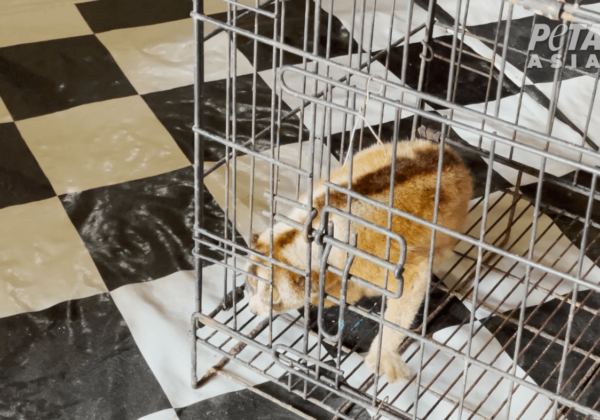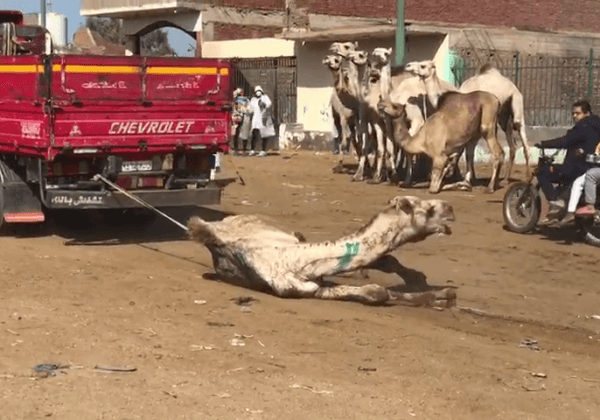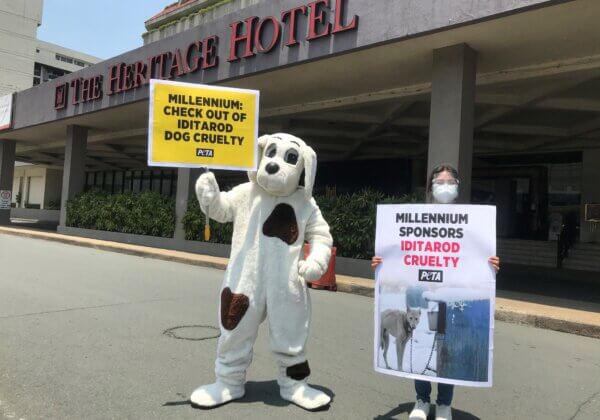PETA Australia Challenges Horse-Whipping Cruelty in Groundbreaking Legal Battle
PETA entities are changing the world for animals by setting legal precedents in courts around the globe to help protect other species from harm. PETA Australia has filed criminal charges in Tasmania alleging that the practice of whipping horses at racetracks there violates the state’s animal welfare laws.
It’s a crime under Tasmania’s animal welfare statute to beat an animal, and it’s a crime to cause an animal unreasonable and unjustifiable pain or suffering. In light of ongoing, widespread violations of these laws, PETA Australia has filed charges that will test the legality of whipping horses on racetracks.

Previously, PETA Australia met with the animal welfare manager of the Tasmanian state racing authority, Tasracing, to express concern over the use of whips, point out that whipping violates the state’s anti-cruelty statute, and offer whatever support would be welcome to help implement reforms. PETA Australia and a number of other animal protection organizations then cosigned a letter to Tasracing asking for a meeting to discuss the issues and see if there was a way forward, and a lawyer even flew to Tasmania to meet with Tasracing CEO Paul Eriksson in person. But Eriksson refused to engage further and informed PETA Australia that Tasracing had no plans to explore banning or even phasing out whips.
Should PETA Australia secure convictions in Tasmania, the group will explore options to achieve similar results across the country—and other PETA entities around the world may mount their own legal battles to defend racehorses from abuse globally.
Take Action for Horses!
Whipping a horse causes pain and distress, and researchers have even proved that it doesn’t make horses run faster—yet jockeys routinely strike Thoroughbreds 15 to 20 times before they cross the finish line.
PETA is campaigning for the better treatment of horses worldwide, including by calling on the Korea Racing Authority to implement a comprehensive retirement plan for horses in South Korea, where many horses from the horse racing industry are slaughtered for their meat once the prize money dries up.
People who truly care about animals are turning their backs on horse racing. The suffering will only end when we all recognise that animals are not ours to use for entertainment.









